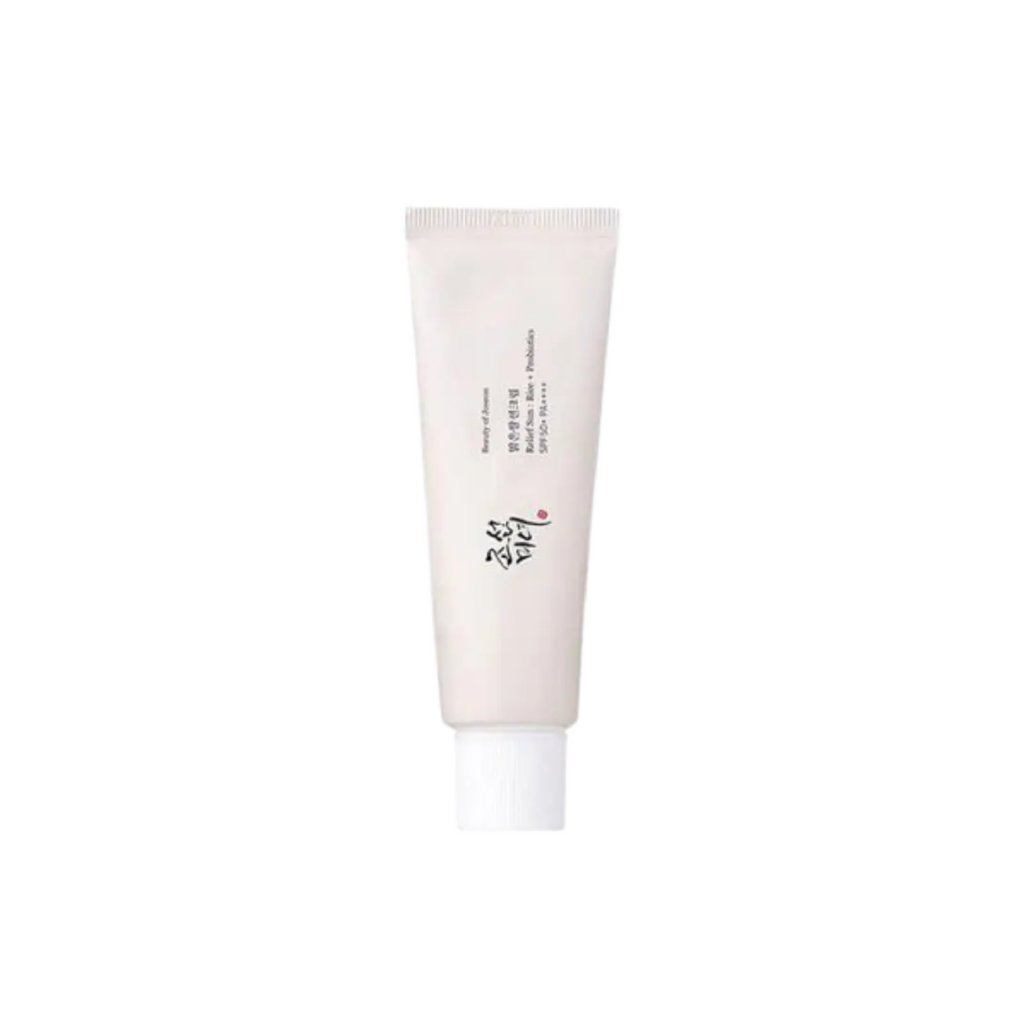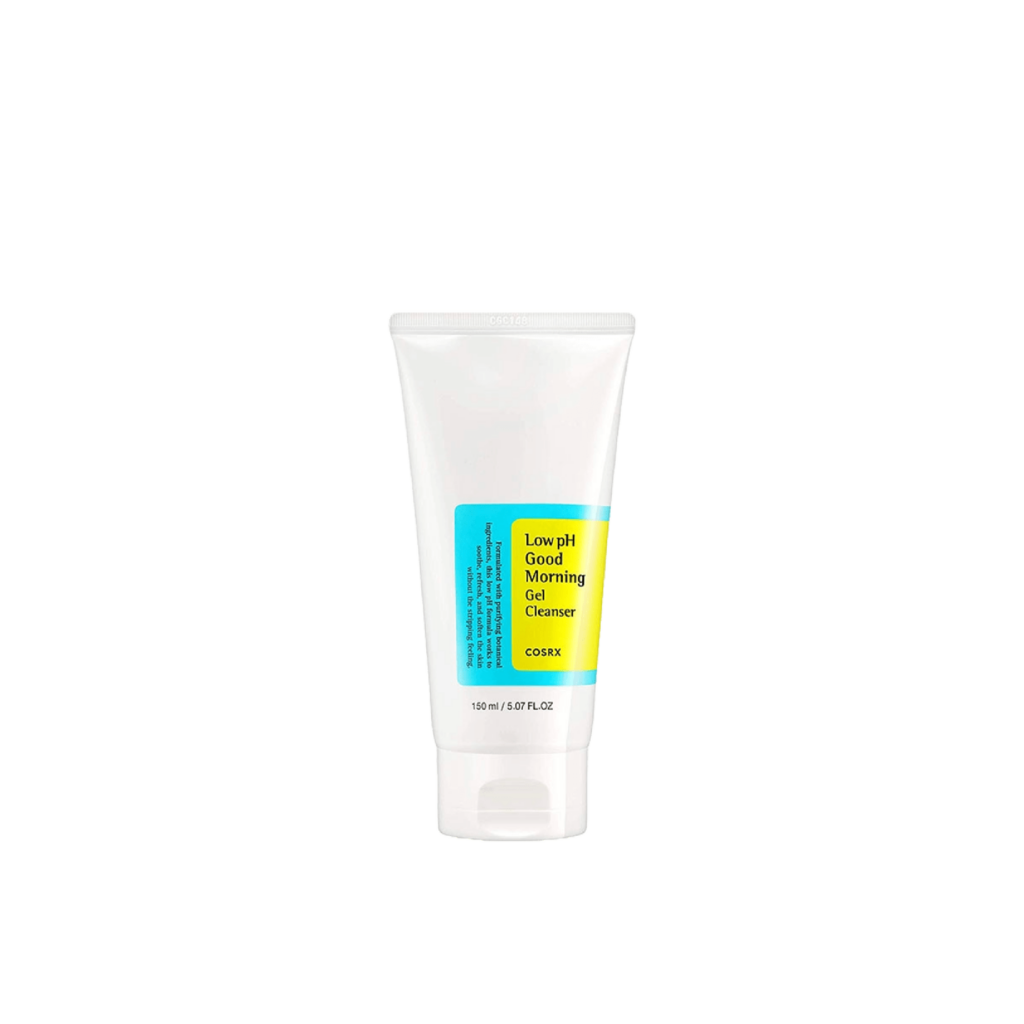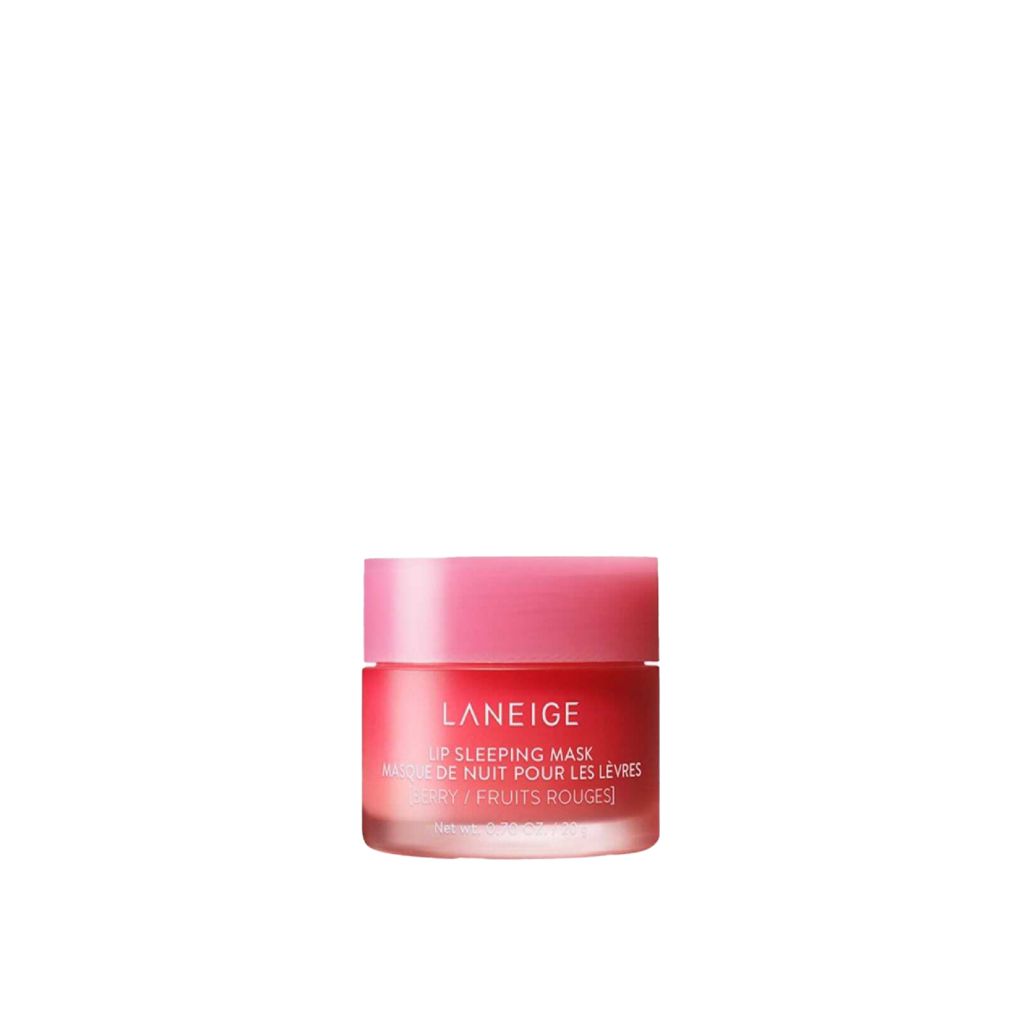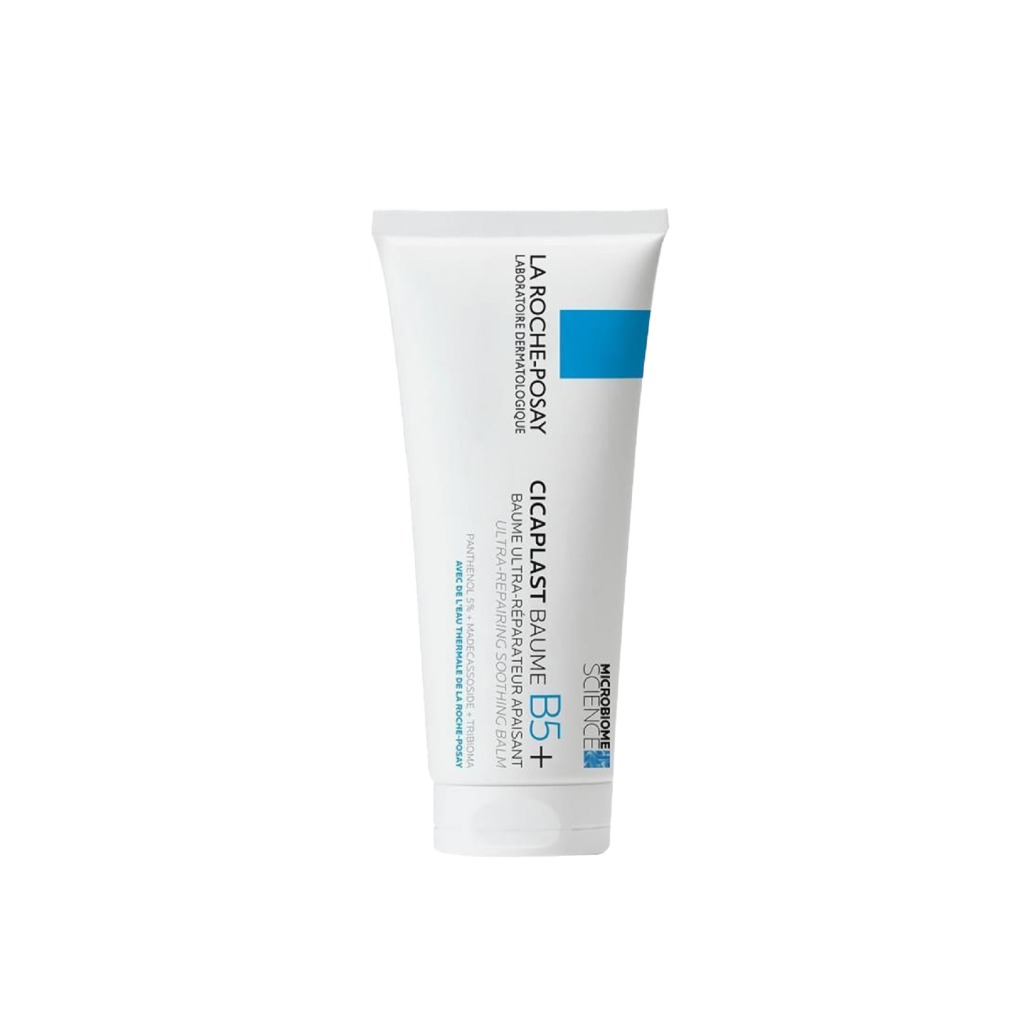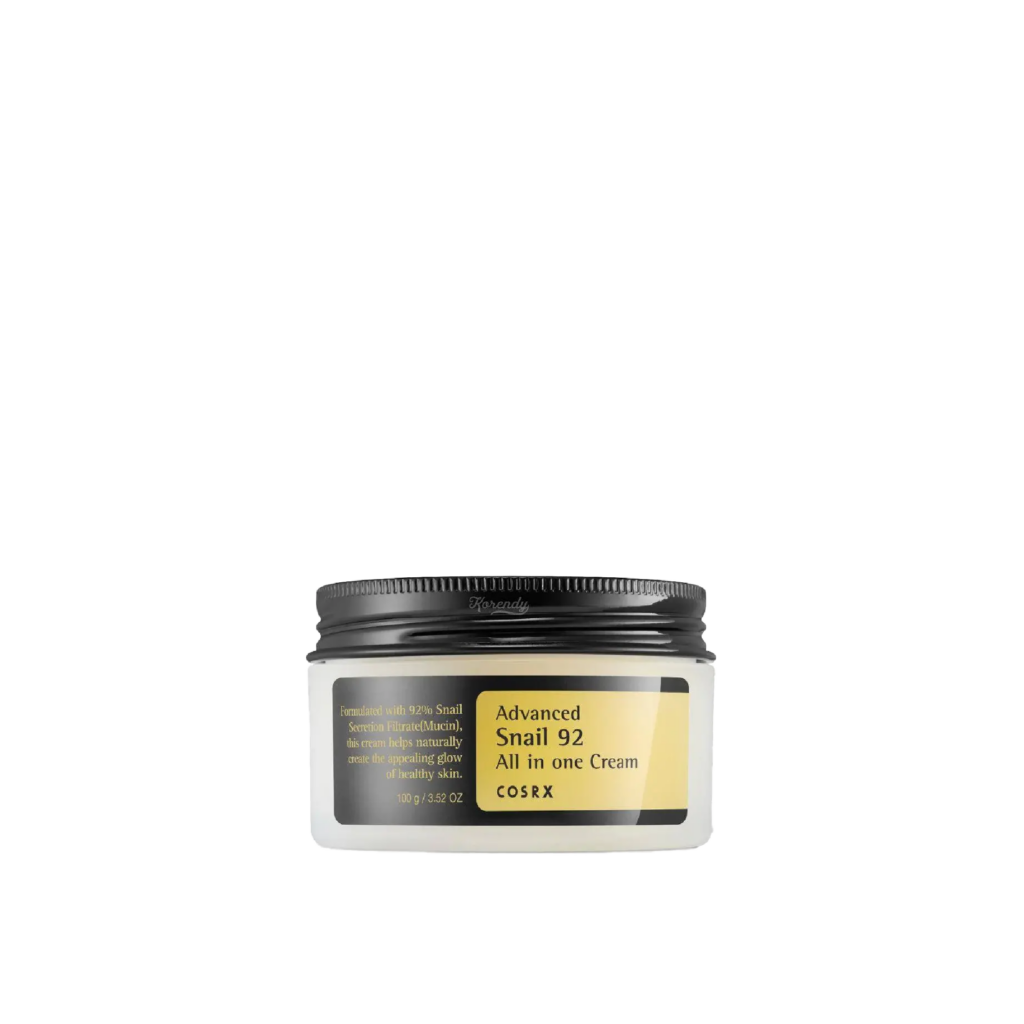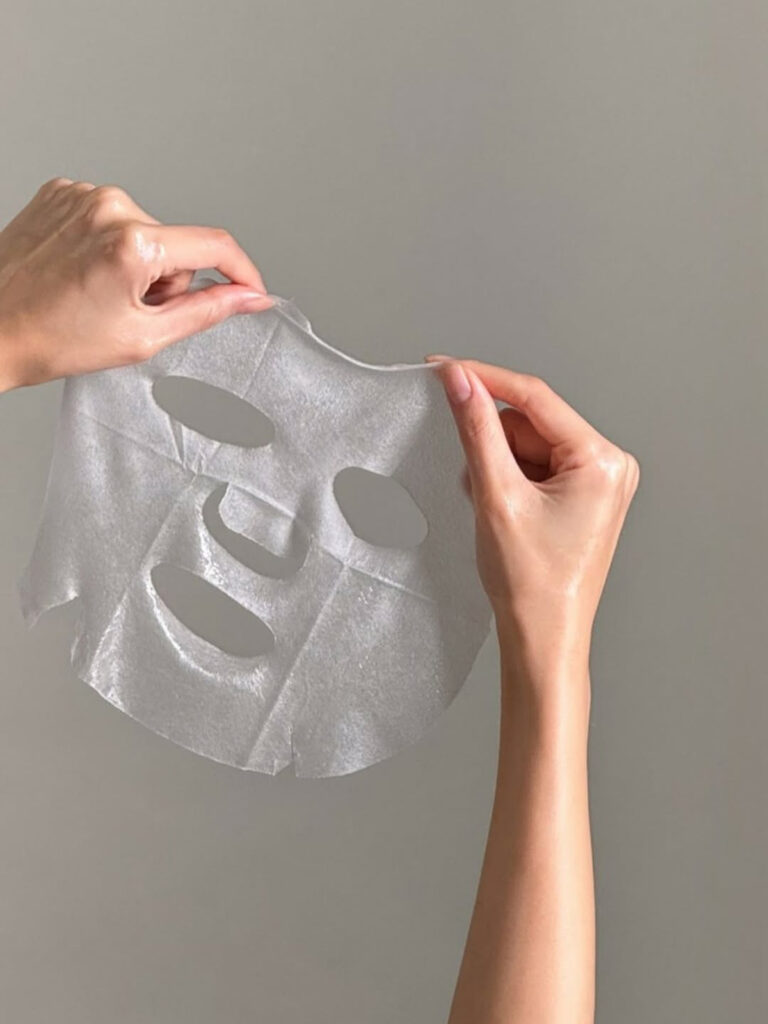
Photo: Pırıl Şenol
Routines
She Might Change How You Think About Weight Loss
Dietitian and eating behavior specialist Pırıl Şenol believes weight loss shouldn’t be the goal—it should be the outcome of sustainable habits. That’s why she focuses on helping people build healthy routines they can actually stick to. From practical advice on staying active to her take on the Ozempic buzz, she shares what really works when it comes to long-term change.
Text Seda Yılmaz
Whether it’s sticking to a diet, staying consistent with workouts, or trying to escape the never-ending cycle of dieting—most of us have been there. Dietitian and eating behavior specialist Pırıl Şenol takes a grounded, no-nonsense approach to these struggles, offering tools that are both realistic and rooted in science. We spoke with her about shifting the focus away from weight, her own wellness rituals, and how to build habits that actually last.
You’re a dietitian with a background in psychology. How does that shape your work?
Eating habits aren’t just physical—they’re deeply tied to emotions and beliefs. So I don’t just tell my clients what to eat; I help them understand the why behind their choices. When it comes to emotional eating, binge cycles, or body image struggles, it’s all connected. That’s where a holistic approach makes a big difference.
Psychology also plays a huge role in motivation and habit formation. When we understand the mental side of change, it becomes easier to tap into our own resources. Being both a dietitian and a psychologist lets me see eating behaviors through both biological and emotional lenses—and that’s where the real insight lies.
What does your own diet look like?
I don’t believe in strict rules. I go for meals that are nourishing, satisfying, and genuinely enjoyable—things that support my physical and mental well-being and are easy to prepare. And I make space for the foods I love.
What’s the key to building healthy habits that stick? And how do you stay motivated—or help your clients stay on track?
It all starts with knowing yourself. Just because something works for someone else doesn’t mean it’s right for you. Motivation is great, but it’s not what gets things going. Action comes first—once you do something and it feels good, that’s when motivation shows up.
That’s why I tell clients (and myself) to just try. You don’t need to commit forever—just start. And quitting something that doesn’t work for you? That’s not failure, it’s self-awareness. But society doesn’t always make that easy to accept.
What role does exercise play in your life?
Sports were always part of my life—my parents, my sister, and I all played basketball at the national level. But for me, movement isn’t a task—it’s how I care for both my mind and body. It’s not about how often or how intensely you work out. It’s about finding something you enjoy and doing it consistently. Once that happens, the routine tends to build itself. But that process looks different for everyone.
Any advice for people who struggle with consistency in workouts?
Start small. Try different things until you find something that feels fun. Having a workout buddy or joining a class can make a huge difference. I also think accessibility matters—commuting an hour just to exercise isn’t realistic for most people, especially in big cities.
You’ve said we should shift the focus from weight loss to long-term health. Can you explain?
Weight is just one metric of health. Research shows links between body weight and certain health risks—like people with a BMI under 25 generally having a lower risk of heart disease. But that doesn’t mean someone with a higher BMI isn’t healthy. Being thin doesn’t automatically mean being well.
The lifestyle habits that support health and those that promote weight loss tend to be the same. When we stick to healthy behaviors long enough, weight naturally stabilizes—but that doesn’t mean shrinking into a size 4. Weight loss, if it happens, should be the result—not the goal.
Ozempic has been all over the news lately. What’s your take?
Ozempic was originally developed to treat diabetes, and yes, it can be very effective. But it’s become controversial due to misuse and off-label use. Whatever the method—whether it’s surgery, medication, or dieting—if behavioral changes aren’t in place, the results usually don’t last. The only real path to sustainable change is behavior.
Any wellness habits you swear by?
Exercise and meditation. And lately, I’ve come to appreciate the power of rest. Learning to pause when I need to has made a big difference.
Who do you follow on social media for inspiration?
No specific names—but I could watch cat, dog, and baby videos all day.
What does beauty mean to you?
Clarity. Both emotional and physical. It’s not just about what you see—it’s about how you feel.
Your go-to skincare products?
I wear Beauty of Joseon’s sunscreen year-round. I also love Laneige’s lip sleeping mask, La Roche-Posay’s Cicaplast balm, and a couple of favorites from Cosrx—their moisturizer and cleanser.
What’s your favorite flaw?
I don’t really see anything about myself as a flaw. Sure, there are things I like more or less, but they’re all part of me. I actually avoid using the word “flaw” altogether—it feels unnecessarily negative. To me, flaws are just perspective.


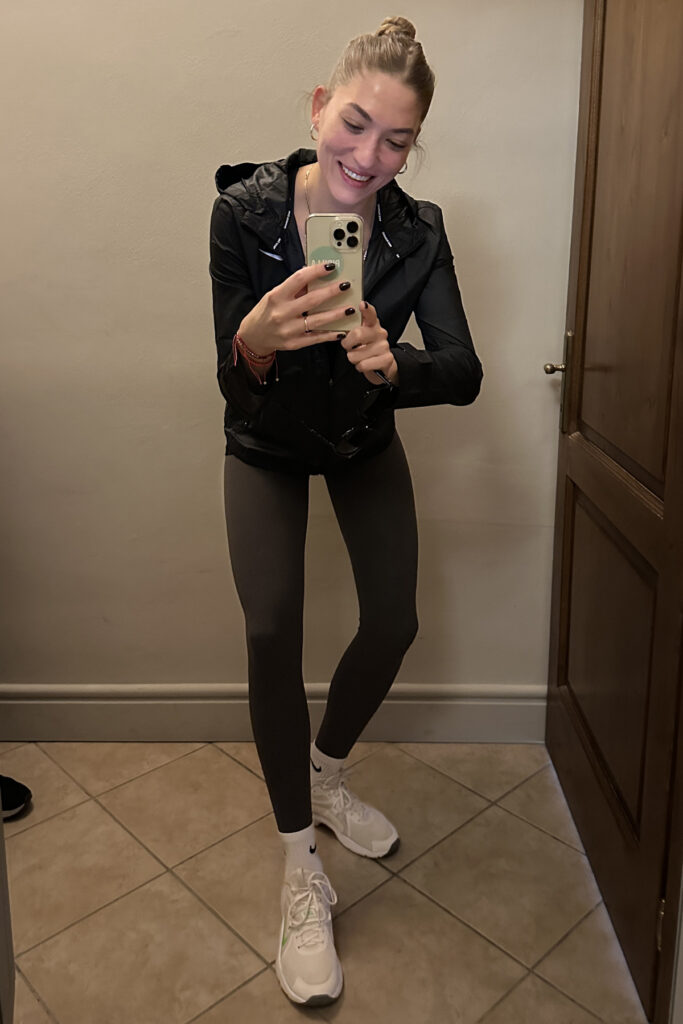

 Previous
Previous
